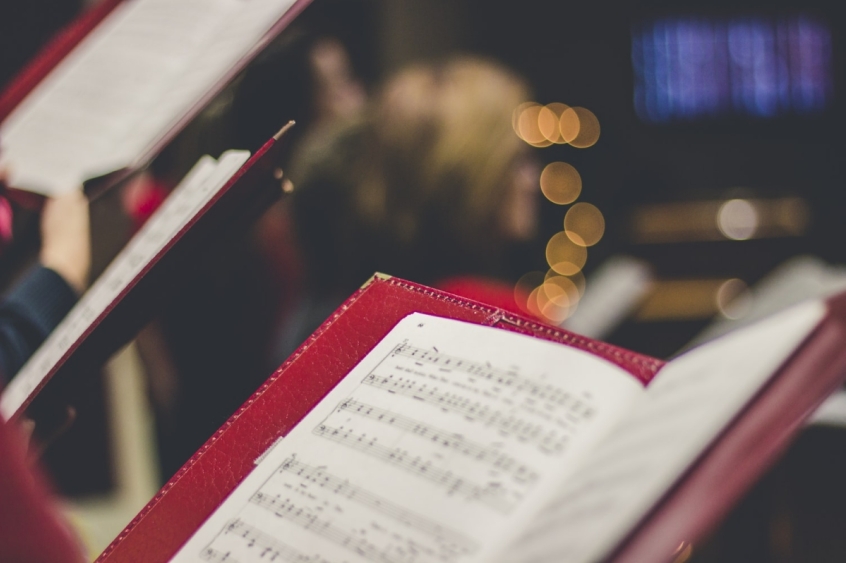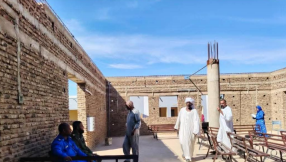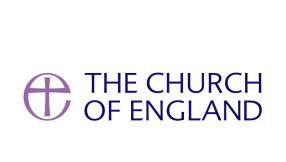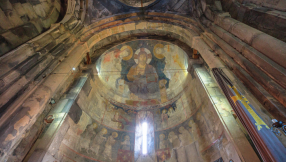
Pandemic regulations that prevented church choirs from singing were based on an early investigation in the US that was "probably wrong" in its conclusions, according to a new study.
Researchers at Brunel University London, Nottingham Trent University, and Brighton and Essex Medical School concluded that Covid choir bans were "flawed" after re-examining the data used in an early Washington state investigation.
In March 2020, local health officials carried out an investigation into an outbreak of Covid among members of the Skagit Valley Chorale in Mount Vernon, Washington Presbyterian Church.
They had attended a choir rehearsal on 10 March 2020 and within a few weeks, 45 of the 60 singers who took part had tested positive for Covid. Of those, three were hospitalized and two died.
The investigation pinpointed the likely source as an individual who had shown signs of a cold prior to the rehearsal and later tested positive.
Researchers at Brunel, Nottingham Trent and Essex Medical School have reached different conclusions after studying the epidemiological curve.
They conclude that in the majority of Covid cases among the choir members, infection occurred two to four days before the meeting on 10 March 2020.
According to the researchers, this shows that coronavirus "was already rife in the community".
Their study published in the journal, Public Health, says, "We show it is vanishingly unlikely that this was a single point source outbreak as widely claimed and on which modelling has been based.
"An unexamined assumption has led to erroneous policy conclusions about the risks of singing, and indoor spaces more generally, and the benefits of increased levels of ventilation."
The findings of the Skagit County investigation were cited in hundreds of scientific papers and led to claims that the rehearsal was one of the first super-spreader events in the pandemic.
Professor Robert Dingwall of Nottingham Trent University suggested that lessons need to be learned.
"The Skagit County story is a good example of a familiar problem, where an early provisional study gets taken for granted and cited without critical re-evaluation," he said.
"There are likely to be many similar cases out there, and the scientific community needs to find better ways of detecting them, if policy mistakes are to be avoided."
Singing indoors was banned by the UK government in March 2020.
Music director and conductor, Sam Evans, said the early findings and the fear they generated had a huge influence on UK government policy around singing.
"In May 2021, the government planned to release many Covid restrictions as part of the 'road map'. But singing was placed under continued restriction, because of a widespread belief at the highest levels that it presented a unique risk," he said.
"This re-evaluation of the Skagit Valley Chorale outbreak shows that fear was unfounded."
Choirmaster Gareth Malone, from BAFTA-winning reality series The Choir, welcomed the re-examination of the evidence.
"The outbreak in the Skagit Valley Chorale sent shockwaves round the singing world. I'm sure singers everywhere will welcome the fact that this is being looked at again," he said.
"Singing with others is so good for us in so many ways, but some people are still fearful about singing because of Covid, and so it's important that we are constantly re-evaluating the evidence."
The study also calls for greater ethical responsibility to be shown in identifying the source of outbreaks.
"Ethically we think the original outbreak investigation should not mention an index case," said Brunel University London's Dr Colin Axon.
"That's because everybody in that choir would know who the first person was. So mentioning it puts that person at risk, effectively saying they're responsible for the death of their friends.
"That's a massive and unacceptable moral burden."













